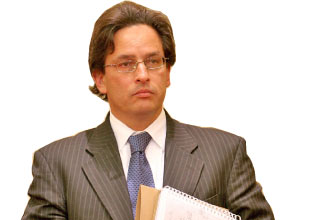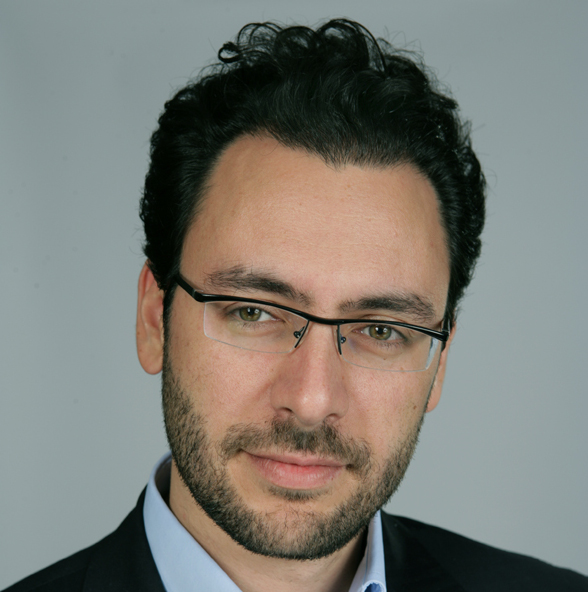Latin America Experiences Double-Digit Growth in Major Mutual and Pension Fund Markets
| By Fórmate a Fondo | 0 Comentarios

According to new research from Cerulli Associates, a Boston-based global analytics firm, the major Latin American mutual and pension fund markets of Brazil, Mexico, Chile, Colombia, Peru, and Argentina have experienced double-digit growth in the past five years.
“The Latin American region’s mutual fund industry has seen a 21.3% five-year compound annual growth rate between 2008 and 2012, ending 2012 with USD $1.1 trillion in assets under management,” comments Nina Czarnowski, senior analyst at Cerulli. “On the pension side, the region has seen a 15.1% increase in assets under management between 2011 and 2012. The mandatory nature of contributions to the private pension systems in Chile, Colombia, Mexico, and Peru further highlights their potential as assets continue to grow even if market conditions are unfavorable.”
Cerulli‘s latest report, Latin American Distribution Dynamics 2013, is an annual report focused on distribution and product development trends in the six major markets – Argentina, Brazil, Chile, Colombia, Mexico, and Peru.
“We have seen similar growth in each of the major markets in this region,” Czarnowski explains. “In Brazil, mutual fund assets grew 15.6% from 2011 to 2012, and the Mexican mutual fund industry closed 2012 with a 13.9% increase over 2011. In Colombia, the mutual fund industry has averaged growth of more than 20% annually for the last five years, as has the pension fund industry, while the Chilean compulsory and voluntary pensions’ assets under management rose 10% year-over-year.” Czarnowski goes on to indicate thriving opportunities for global managers wishing to expand into the region, as both mutual funds and pension funds have been increasing allocations to cross-border vehicles, in particular to ETFs.
The report outlines challenges and opportunities in the non-resident and local private clients’ segments, as well as underlines the growing importance of the region’s private pension systems for foreign asset managers, and further points out important structural changes in the Brazilian market to keep the industry evolving.
Cerulli believes that the rise of the middle class, low unemployment, and improving salaries will contribute to further industry growth in this region. In addition, insufficient market depth, and local economic and market pressures will continue to push local authorities to open doors to global markets.









